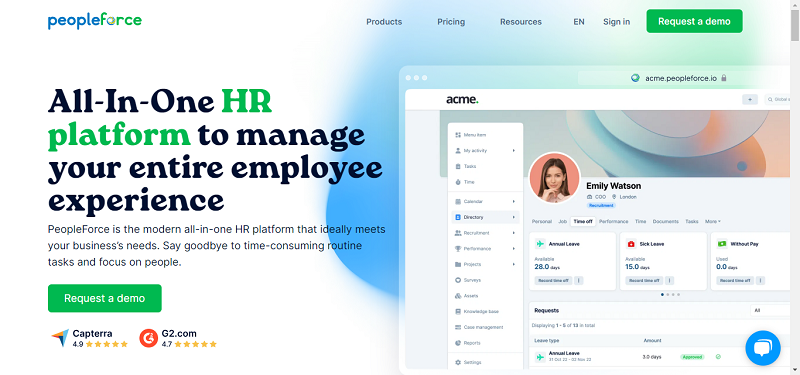Big data and Machine Learning (ML) can provide businesses with incredible insights and an innovative edge. However, to properly analyze the data collected or to train your ML models, you need access to significant computing power. While many organizations would love to use supercomputers to perform these tasks, the hefty price of these systems limits accessibility.
High Performance Computing (HPC) isn’t completely out of reach, however, even for small businesses. HPC in the cloud can provide access to substantial computing resources at an affordable cost. In this article, you’ll learn what HPC is and how you can use it in the cloud. You’ll also read an overview of HPC services currently available from cloud Service Providers.

HPC is computing performed using clusters of computers or devices that work in parallel. In HPC, many Central Processing Units (CPUs) and Graphics Processing Units (GPUs) are aggregated together to run large computational processes. Parallel processing enables you to perform complex analyses and process large amounts of data in a way that is not possible with traditional computer resources.
Benefits of HPC include:
Common use cases for HPC include:
HPC deployments in the cloud enable you to adapt infrastructure to your needs. You can scale resources according to workload demands without concern for how those workloads will affect other processes. You can also take advantage of service integrations to easily move data and results between HPC and standard cloud services.
Running HPC in the cloud typically requires a combination of:
In addition to the standard benefits of HPC, HPC in the cloud can provide access to cost savings and increased availability.
Cost Savings
Cloud-based HPC can reduce your overall costs and help you avoid the technical debt created by in-house systems. Pay-per-use services and access to low-priority resources can enable you to run time-insensitive HPC workloads at significant savings. Additionally, the elimination of up-front infrastructure investment makes occasional use of HPC resources feasible.
Availability and Flexibility
Cloud services support containerized workloads which enable you to automate the distribution of services and processes. Containers enable you to more easily transfer workloads and data between systems and provide protection from vendor lock-in.
Container orchestration platforms can also provide self-healing features to ensure availability. This self-healing combines with cloud-standard regional distribution of data centers and built-in redundancy to ensure high-availability.
All three major cloud vendors provide services and support for using HPC in the cloud. There are also a number of smaller services that offer specialized HPC services and resources. You can find an overview of the different services in the table below.
| Provider | Type of Service | Features |
| Amazon Web Services | Infrastructure as a Service (IaaS)
Public cloud only |
Based on bare-metal or virtualized servers with optimized resources.
Operated through AWS ParallelCluster, which enables you to manage clusters.
You build your own deployment. |
| Google Cloud Platform | IaaS
Public cloud only |
Based on bare-metal or virtualized servers with optimized resources.
Offers a pay-per-minute option for cost efficiency.
You can choose to base your system on Hadoop or Google Cloud Dataflow, a batch processing system. |
| Azure | Software as a Service (SaaS) or Platform as a Service (PaaS)
|
Based on bare-metal or virtualized servers with optimized resources.
You can build your own or use fully-managed deployments.
Add-on services enable you to integrate hybrid systems with cloud HPC. |
| IBM Cloud | SaaS or IaaS
Public, private, or hybrid cloud |
Based on bare-metal or virtual servers with purpose-built resources.
Offers an HPC as a Service option via Rescale. |
| Sabalcore | PaaS
Public or private cloud |
Based on bare-metal, servers with purpose-built resources.
Offers HPC on demand or as dedicated resources.
They provide a fully-managed environment. |
| Oracle Cloud | IaaS
Private or hybrid cloud |
Based on bare-metal instances with optimized storage and networking.
You build your own deployment. |
| Penguin On Demand (POD) | PaaS
Public, private, or hybrid cloud |
Based on bare-metal servers with purpose-built resources.
They also offer remote management of on-premise deployments. |
The availability of HPC in the cloud can provide you with opportunities for data utilization that were previously unavailable or impractical. With on-demand services and pay-per-use options, businesses of any size can take advantage of these aggregated resources. The ability to process and analyze data on a scale that was previously un-achievable can significantly improve your competitive advantage and innovative power.
Hopefully, this article helped you understand what HPC is and how you can access it in the cloud. If you’re interested in getting more from your data analyses or just improving the performance of your workloads, consider demoing some of the services introduced here.
By Gilad David Maayan





